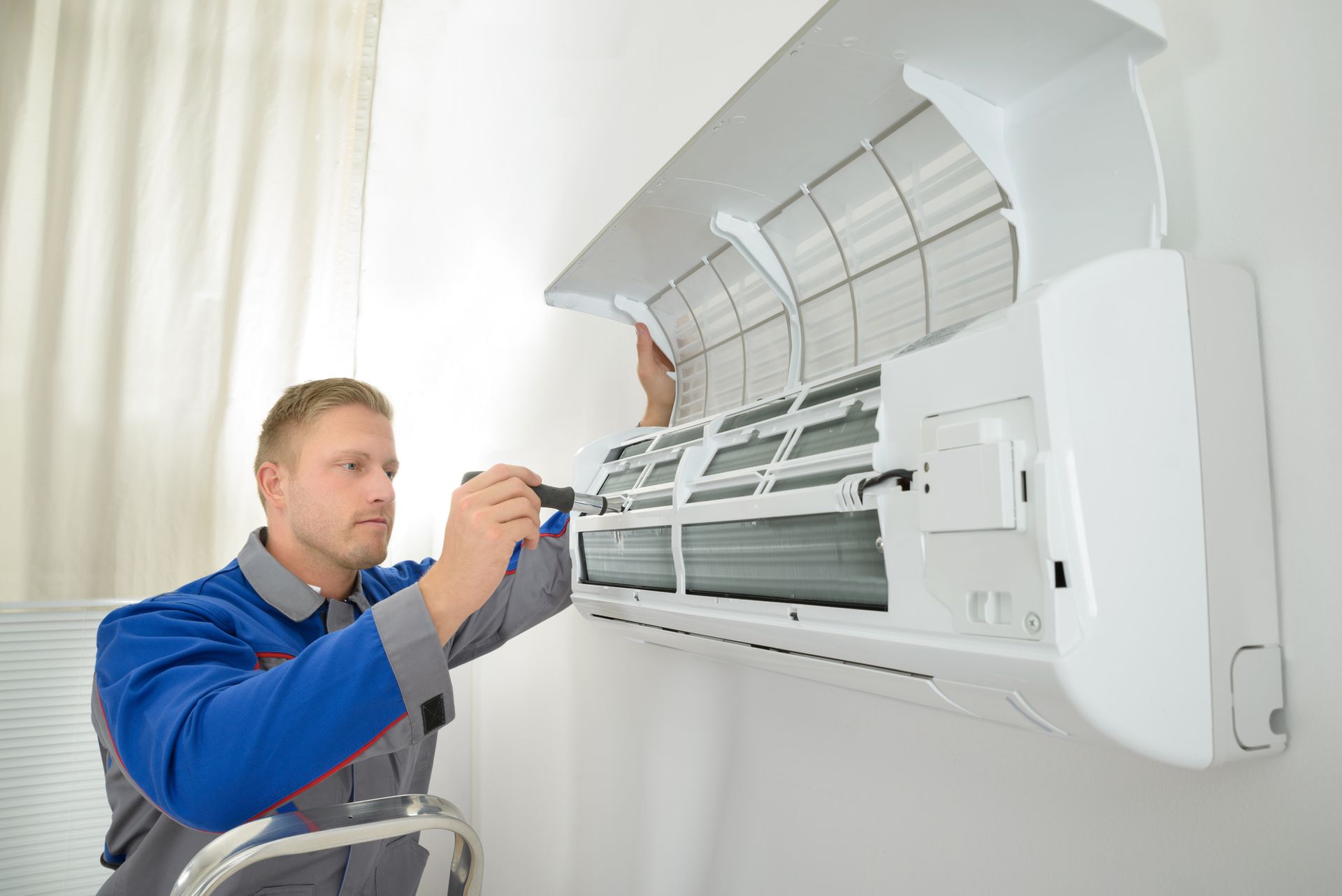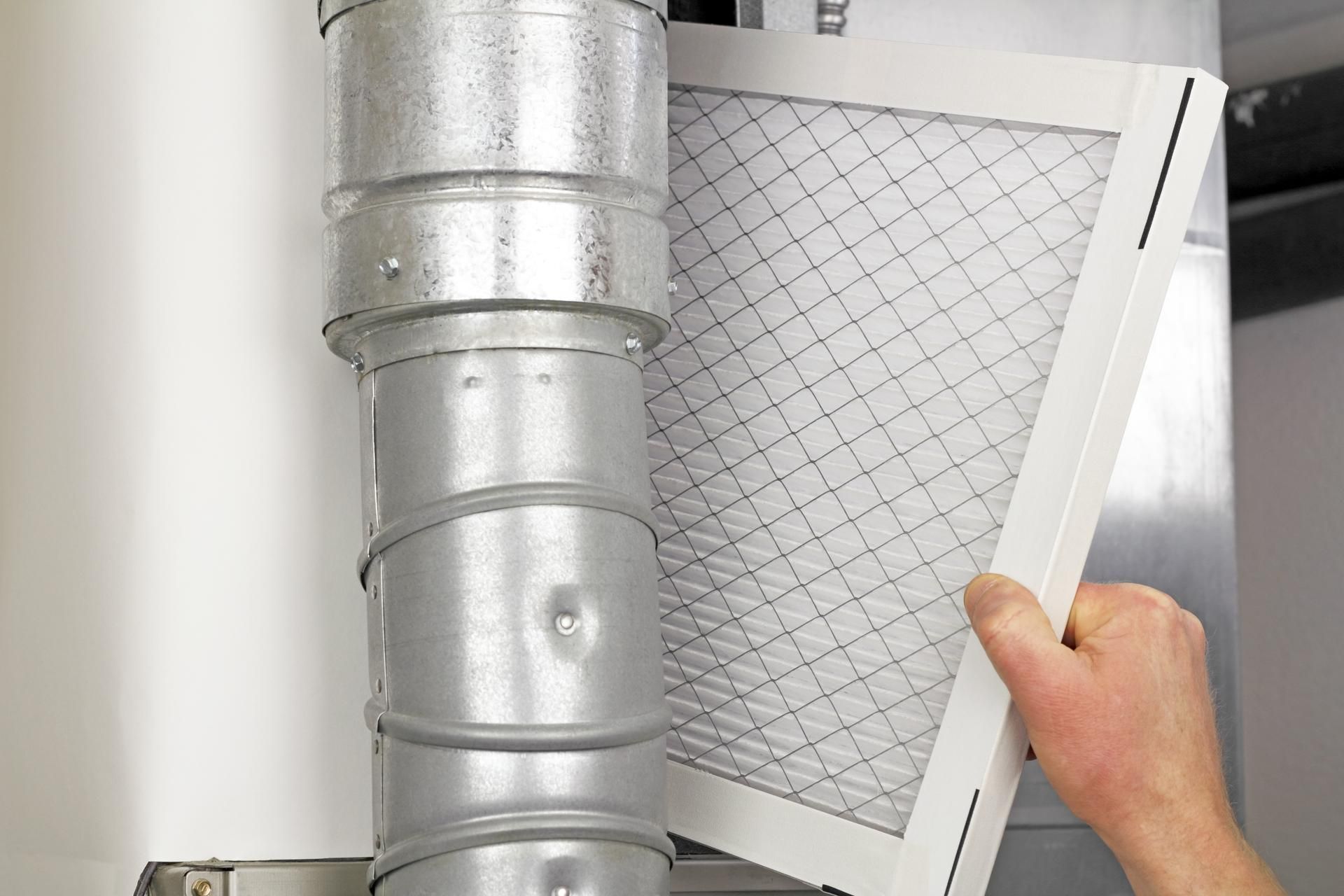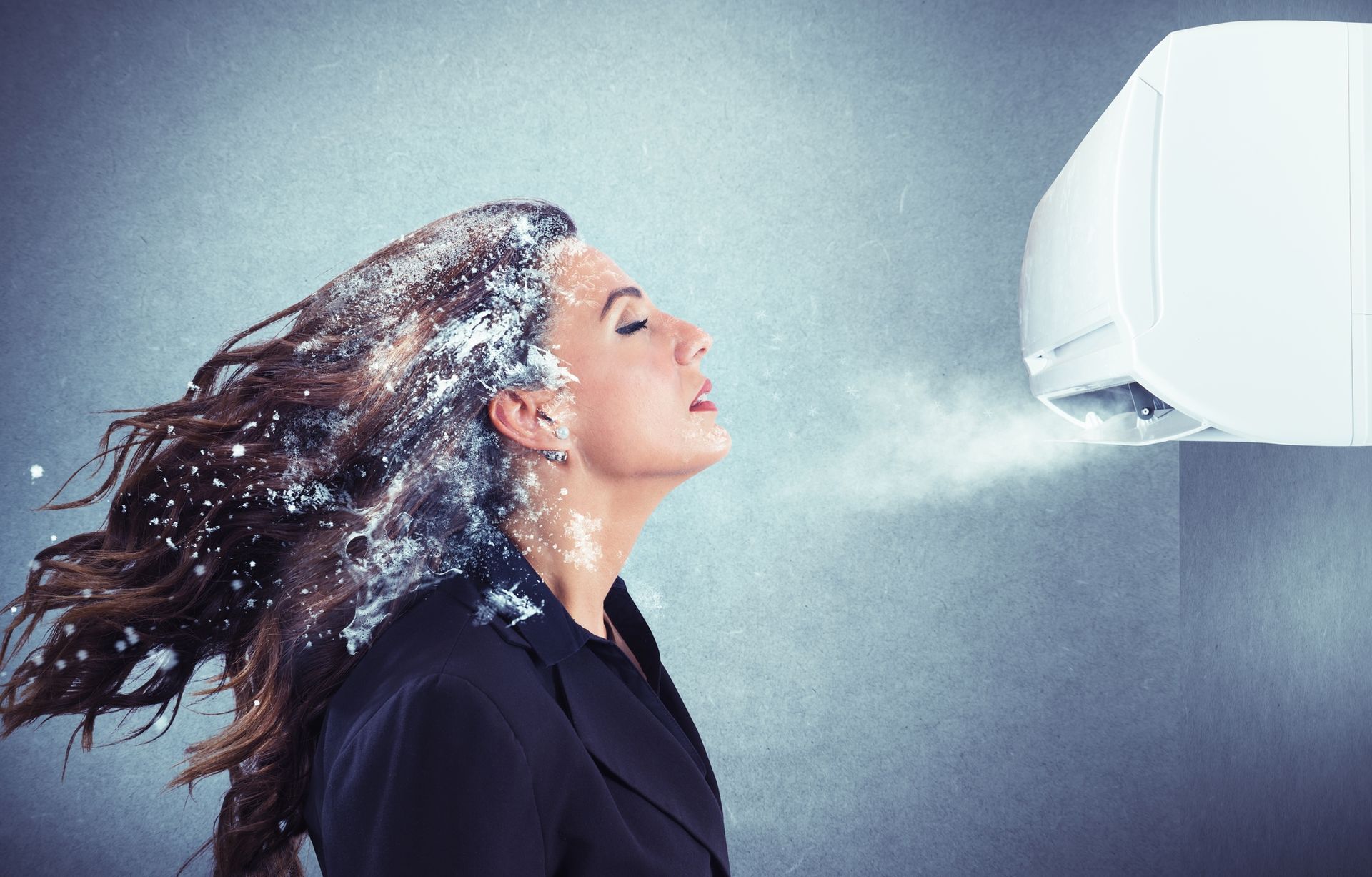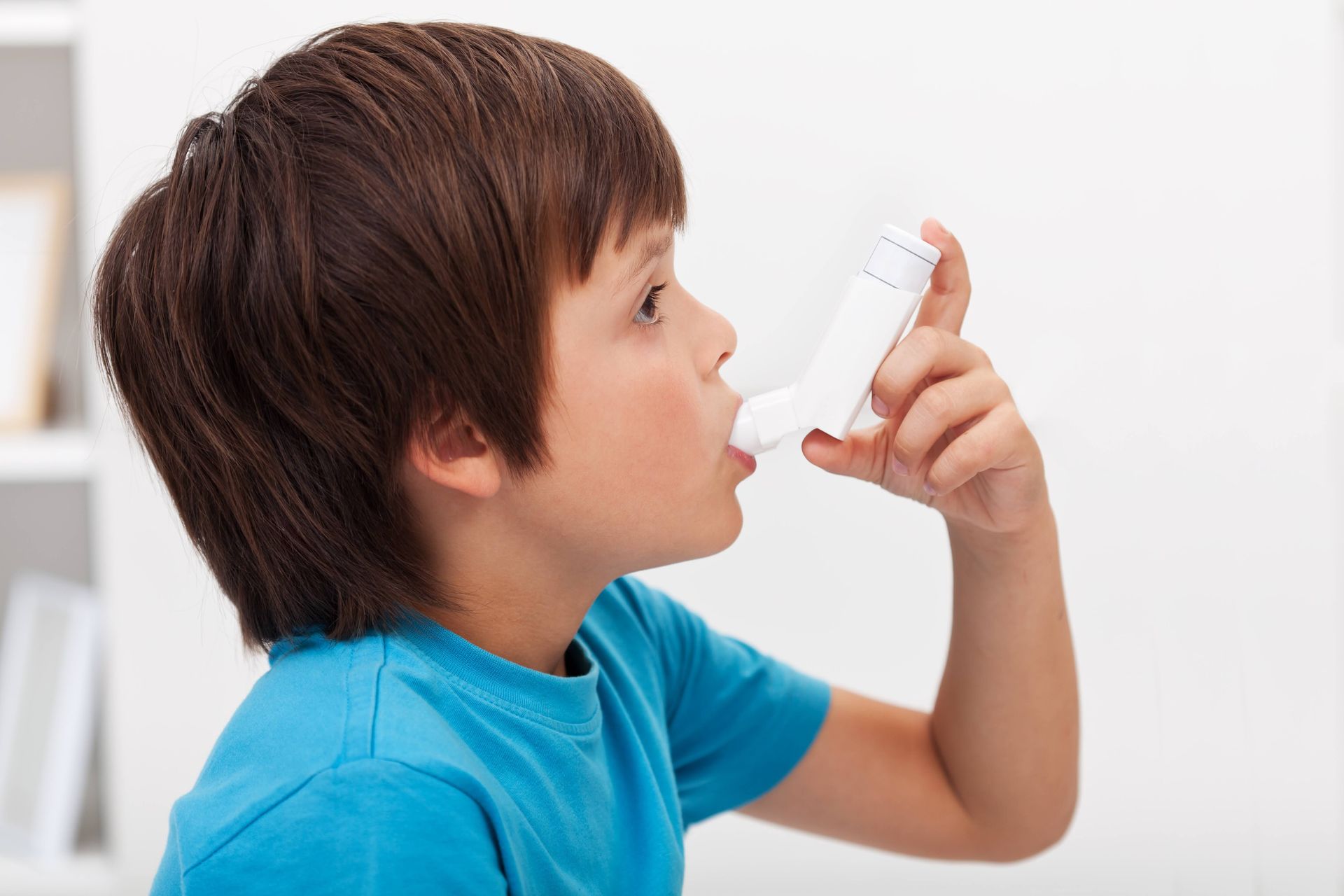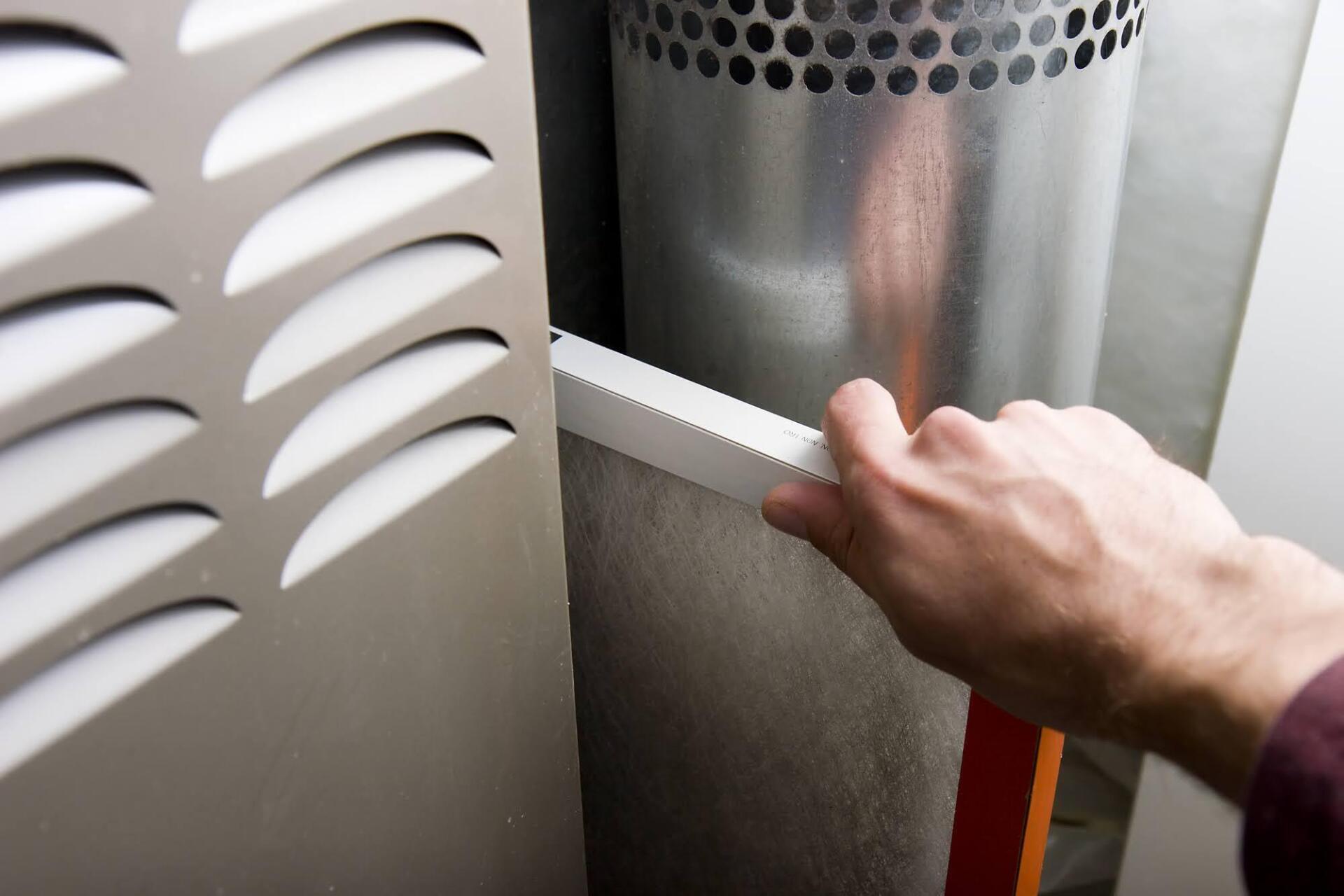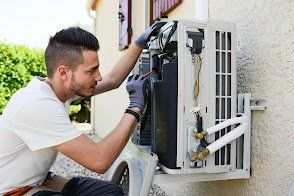Did Your Basement Flood? FAQs About Central Air Conditioners
Admin | April 7, 2021

How could a basement flood impact your home's AC system? Whether the wild weather floods the bottom floor, the washer overflows, the water heater breaks, or your basement has another major moisture issue, take a look at what you need to know about your central air conditioner, safety, and the need for a replacement.
Should You Turn Off the Power?
Water and a central air conditioner don't mix. Combined, the two pose a shock or electrocution risk. Stay away from the unit if it's wet or submerged in water. If possible, turn off the unit from the thermostat or at the breaker box. Always keep a safe distance from the air conditioner and the standing water.
Not only can a submerged AC unit pose a serious shock hazard, but it can also pull dirty standing water into your HVAC system. A forced-air system can push water that gets into the ductwork throughout your home. This can result in additional water damage or eventually cause mold and mildew growth.
What Should You Do If There's Water In the Ducts?
You turned off the power at the thermostat or breaker box. But water still got into the ducts. If the water is high enough, it could enter the system through an open vent.
Right now is not the time to clean the ducts from the basement level. Even if you think the power is cut to the cooling system, stay away from the AC unit. You may not have completely cut the electricity to the appliance or the flood could pose another safety hazard. While you can start to clean water that's come through the ducts and entered other areas of your home through the vents, wait until an HVAC technician repairs the system to remove the rest of the moisture.
Should Inspect the AC Unit for Damage?
Simply stated—no. Unless you're a qualified HVAC professional, stay away from the now-flooded air conditioner. Again, a submerged or wet air conditioner poses a shock and electrocution hazard. A close inspection could put you in harm's way. Instead of a do-it-yourself inspection, assume the submerged cooling appliance has some level of damage and contact a contractor for help.
Will You Need to Replace the Air Conditioner?
It's possible you will need to replace the air conditioner—or at least, parts of it. The exterior part of the system (the condenser) is far away from the flood. Along with the distance between the central unit and the condenser, this part of the cooling system is outdoors and exposed to the elements (including rainwater or melted snow). This means it's not likely a flood will require the replacement of the exterior system.
If the interior part of your central air conditioner is beyond repair or the cost to fix the AC system outweighs its worth, you need to replace it. The HVAC technician may also recommend a replacement if the system is near or at the upper limits of its lifespan or there are no replacement parts available.
What Type of Replacement Should You Choose?
You tried to save the system—but the flood left your air conditioner beyond repair. What should you do next? If you're tempted to rush into a replacement, stop and take a breath. Even though you need a new AC system ASAP, you want to select an air conditioner that meets all your needs.
Discuss the options with a qualified HVAC contractor. Before you select one model consider the system's energy efficiency, lifespan, durability, cooling power, and price. Extensive water damage may also require you to replace at least some of the ducts along with the central unit.
If you prefer to remove (and not replace) the ducts, consider a ductless mini-split system. This type of air conditioner doubles as a heat pump in the winter months and won't require ducts and vents for use.
Do you need a new air conditioner? Contact Central York for more information.


